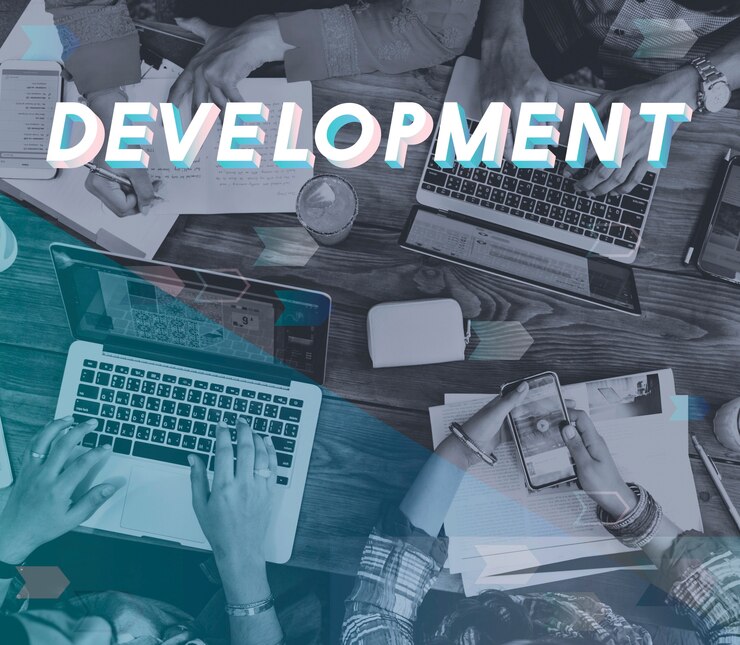Game Development Roadmap

Game Development Languages
December 5, 2023
Game Development Company
December 5, 2023Game development is a complex and rewarding field that requires a combination of technical skills, creativity, and problem-solving ability. If you’re interested in learning how to create video games, here’s a roadmap to help you get started.
1. Understand the Basics of Game Development
Before diving into the technical aspects of game development, it’s essential to grasp the fundamental concepts and principles that underpin the process. This includes understanding the different phases of game development, such as design, art, programming, and testing. Familiarize yourself with the various game genres, game engines, and the tools and technologies used in the industry.
2. Learn Programming Languages
Programming is the backbone of game development, and mastering at least one programming language is essential. C++, C#, and JavaScript are among the most widely used languages for game development. Start by learning the basics of these languages, including data structures, algorithms, and object-oriented programming.
3. Choose a Game Engine
Game engines provide a framework for developing games, simplifying the process of creating graphics, physics, and other essential game elements. Popular game engines include Unity, Unreal Engine, Godot, and CryEngine. Each engine has its strengths and weaknesses, so research and choose one that aligns with your project’s requirements and your preferred programming language.
4. Develop Your Artistic Skills
Game development often involves creating visual assets, such as 2D and 3D models, textures, and animations. If you plan to handle art aspects of game development, consider taking courses in 2D and 3D modeling, drawing, and animation. There are various software tools available for creating game graphics, such as Maya, Blender, and Adobe Photoshop.
5. Start with Small Projects
Don’t overwhelm yourself by jumping into a complex game project right away. Begin with smaller, more manageable projects to gain hands-on experience and develop your skills. These projects can be simple 2D games, prototypes, or game jam entries. As you gain confidence, gradually increase the scope and complexity of your projects.
6. Participate in Game Jams
Game jams are short-term events where participants have a limited amount of time to create a game. Participating in game jams is a great way to learn from others, test your skills under pressure, and build a portfolio of game projects.
7. Collaborate with Other Developers
Collaboration is essential in game development. Joining online communities, attending game development events, and working on projects with others can help you connect with other developers, exchange ideas, and learn from their experiences.
8. Stay Updated with Industry Trends
The game industry is constantly evolving, so it’s important to stay up-to-date with the latest technologies, tools, and trends. Read industry blogs, attend conferences, and participate in online forums to stay informed about emerging developments.
9. Seek Feedback and Iteration
Continuously seek feedback from others on your game projects. Share your work with friends, peers, and online communities to get their perspectives on your game design, mechanics, and overall experience. Use feedback to iterate on your work and improve the quality of your games.
10. Build a Portfolio and Network
As you develop your game development skills, create a portfolio of your work to showcase your skills and experience to potential employers or collaborators. Attend game industry events, network with other developers, and build relationships in the game development community.
Remember, game development is a journey of continuous learning and improvement. Embrace the challenges, enjoy the creative process, and never stop learning and improving your skills. With dedication and perseverance, you can achieve your game development goals and create innovative and engaging games that entertain and inspire others.


